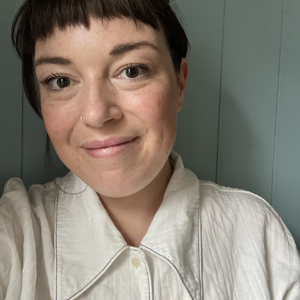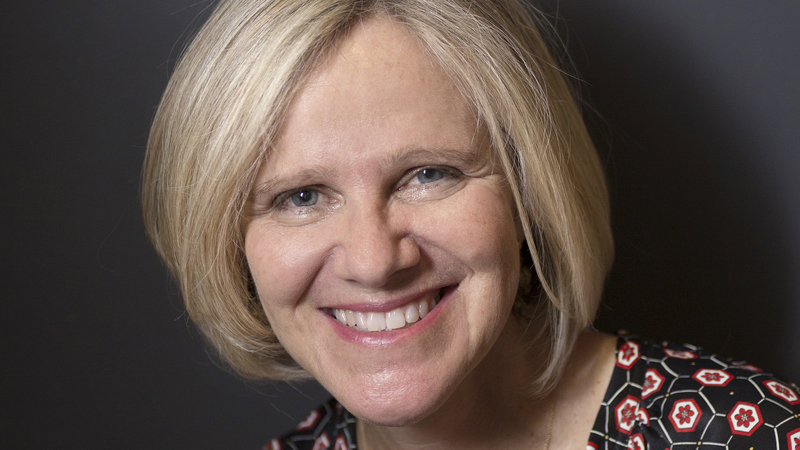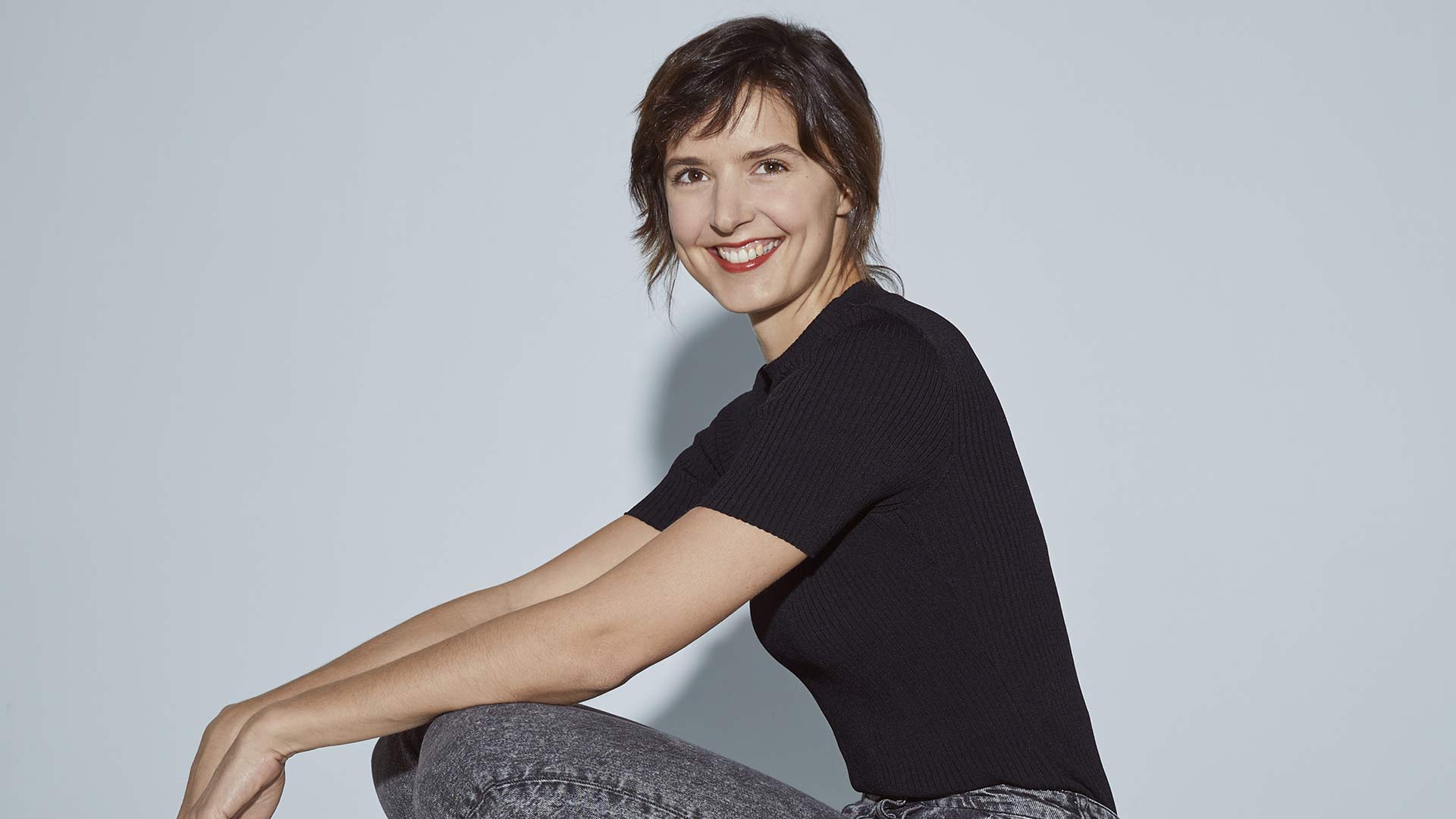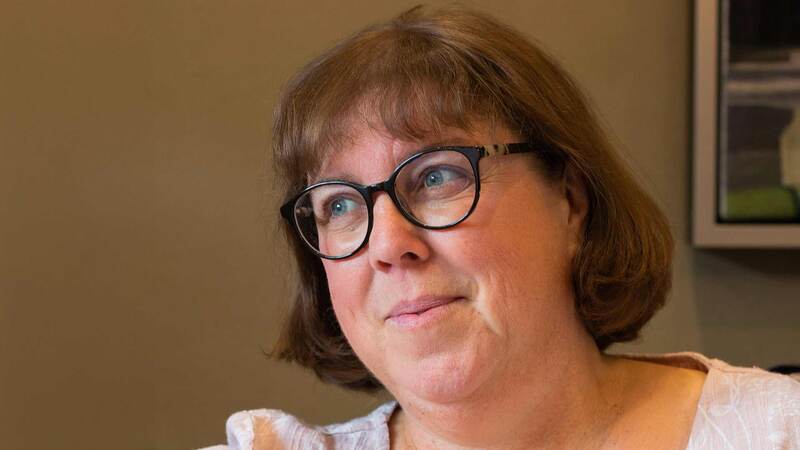You are viewing your 1 free article this month. Login to read more articles.
What are publicists to do?
The end of ’Open Book’ offers yet another example of how difficult broadcast media for authors has become.
The diminishing of the books media is nothing new, but the cancellation of "Open Book" is a tragedy for publicists hawking interesting fiction by new writers.
How should books be covered on the radio? Are novels such a niche product that consumers are only interested in the top tier? Where are the critics charged with identifying books from unexpected or unknown places, books that say something important about the world? Discoverability is at the heart of our business, but over many years, the broadcast media has closed its doors on lesser-known names, making the jobs of publicists harder still.
During my 13 years in the job, the books media has evolved as the world changed. Gone are the days of getting a debut novelist on all BBC Radio stations, and it now seems naive to assume that there is a place for unknown writers on the airwaves. But it did exist on "Open Book". The programme always interviewed the big names, of course, but it also had numerous ways of covering a wider range of books: The Literary Postcards slot offered novelists the chance to write about the literary scene in far flung countries; the Editor’s Pick invited publishing insiders with their noses to the ground to recommend a book from a rival publisher; and in the Book I’d Never Lend, mainstream writers spoke about favourite works by a wide range of authors. Books could be also be discussed thematically—bringing in under-the-radar works which spoke to something topical. Programmed by clever producers, themselves book lovers and big readers, able to make a judgment call on quality, relevancy and to craft ingenious ideas for discussion, it was a haven for those of us who think about books for a job.
There is a programme in the works to replace "Open Book", but if it is correct that it will focus on just one writer per week, I’m not holding my breath that there will be much covered outside the household names.
Discoverability is at the heart of our business, but over many years, the broadcast media has closed its doors on lesser-known names, making the jobs of publicists harder still.
Elsewhere in books-on-the-radio, Radio 4’s "Front Row" is thankfully still home to decent literary criticism, but when up against TV, film, theatre and art, the books content has to have weight, and again we see a collection of Booker and Nobel prizewinners. Radio 4’s "Bookclub" is for a previous book by an established writer with evidence of an impressive sales track. Ditto "World Book Club" on the World Service.
The Radio 2 "Book Club" is no longer on live radio, and is now a BBC Sounds podcast, though it is cross-promoted on Sara Cox and Zoe Ball’s programmes. The Reading Agency do brilliant work in selecting the featured titles, but ultimately, this is a submission process and not open to a publicist’s persuasion.
The advent of Times Radio offered a rare and glorious opportunity, but with the departure of Mariella Frostrup (herself "Open Book" alumni) the slot for debut novelists went too, and the Friday night culture programme has a more non-fiction bent.
We once thought podcasts might be the answer, with shows such as the much-missed "Literary Friction" providing insight and intellect in spades, but the podcast landscape more widely is now saturated by celebrities interviewing other celebrities. There are still some excellent literary podcasts ("Weirdos Book Club", "Book Off!", "You’re Booked" to name a few) but these programmes understandably want to cover the books that people are talking about, not something just published. Celebrities are central too to "Between the Covers" on BBC2. But celebrities hear about books the same way any of us do—and so unsurprisingly their choices are overwhelmingly from recognisable names.
But what are we, as publicists, to do about this? We must build our writers from the ground up, and ultimately use other methods of promotion to help them reach readers and champions, until our pitches are strong enough to get them broadcast coverage. We must be honest with authors about the state of books programming and its challenges for new writers—and the fact that they might have to talk about elements of their lives, their interests and topics other than the content of their books. We must have empathy, and understand their disappointment when they aren’t booked. We must insist that we are listened to in acquisitions meetings when we say that a particular book will probably need a prize or a retailer promotion in order to break out. We must think creatively about how to approach producers, becoming more personalised and strategic than ever before, while communicating in-house that there are no safe bets anymore. But more than anything we need to believe in the quality and relevancy of what we are promoting, and give ourselves time to think deeply about ways to market in a challenging media landscape.




















